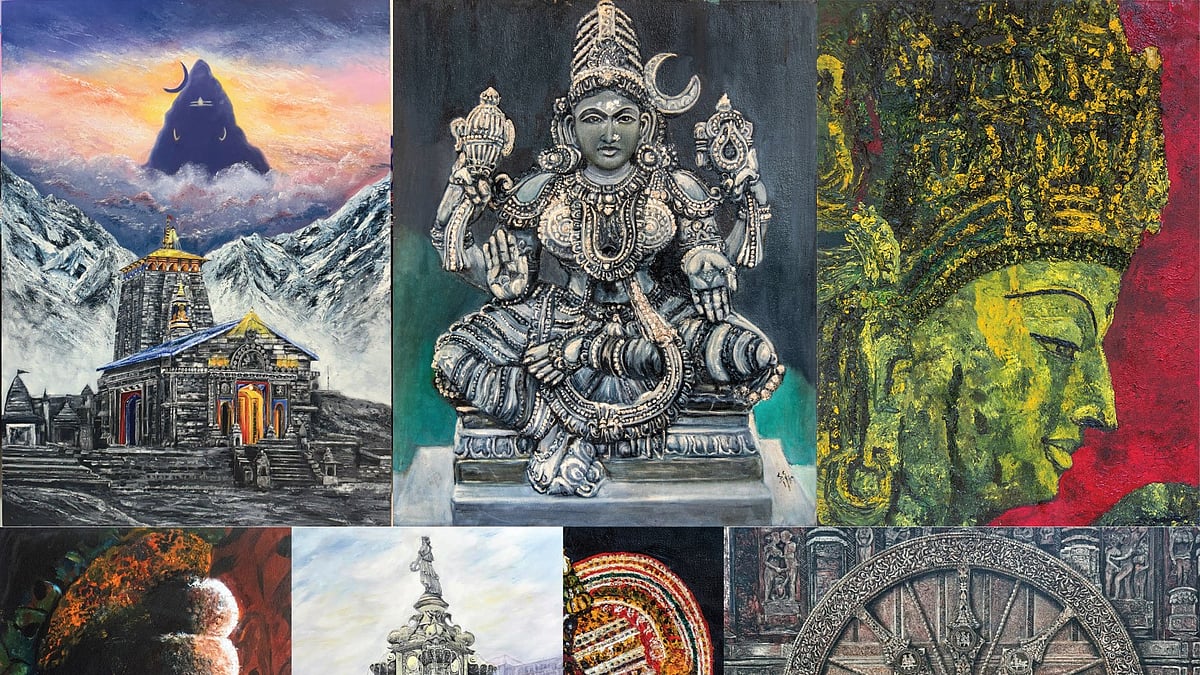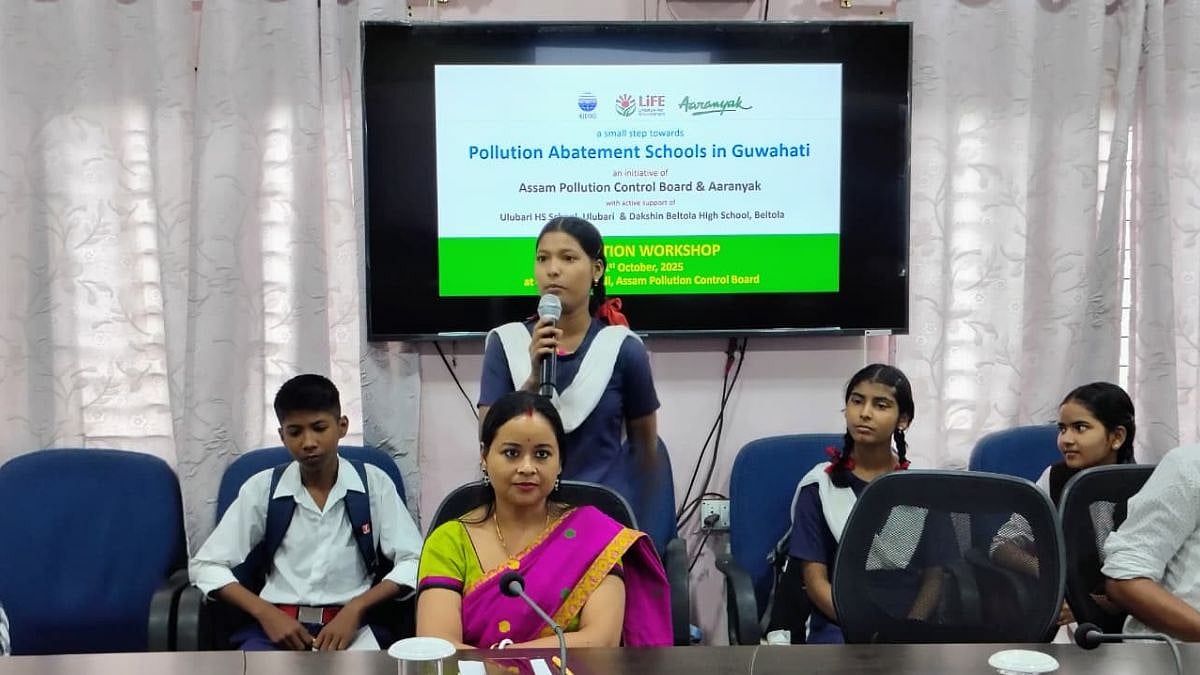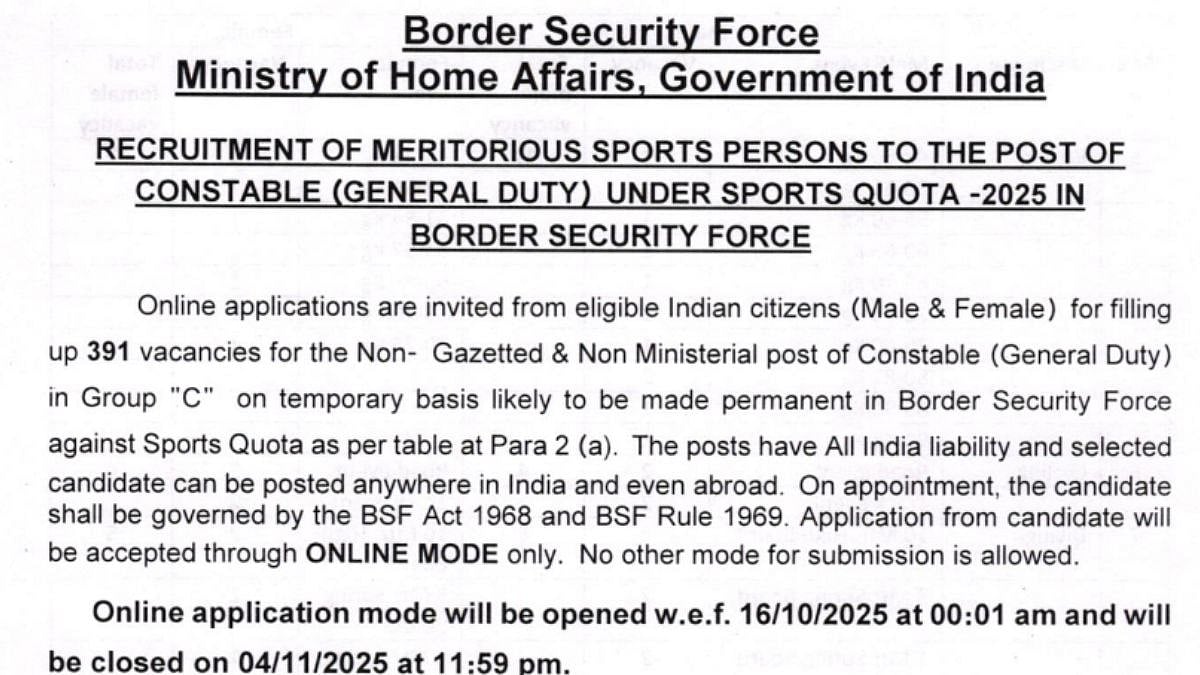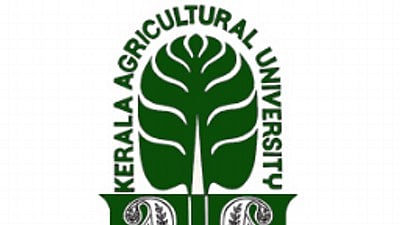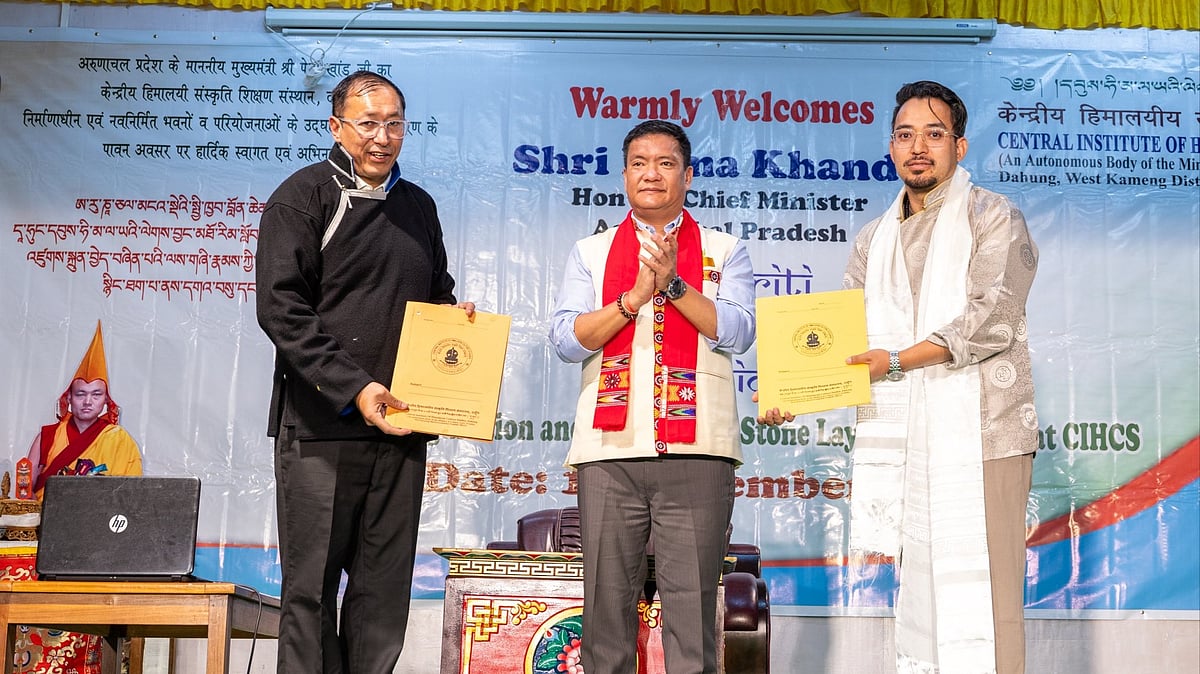New Delhi: A recent article in The Lancet has highlighted the expansion of a national strategy aimed at strengthening the health workforce, improving access, and extending the reach of quality health care.
The article by Dr Krishna Mohan Surapaneni, Vice Principal & Professor of Biochemistry, Head of the Department of Medical Education at Panimalar Medical College Hospital & Research Institute, Chennai, highlights the ongoing transformation in India's medical education system.
India has the world's largest undergraduate medical education network, with 780 medical colleges and an annual intake of around 118,148 medical students.
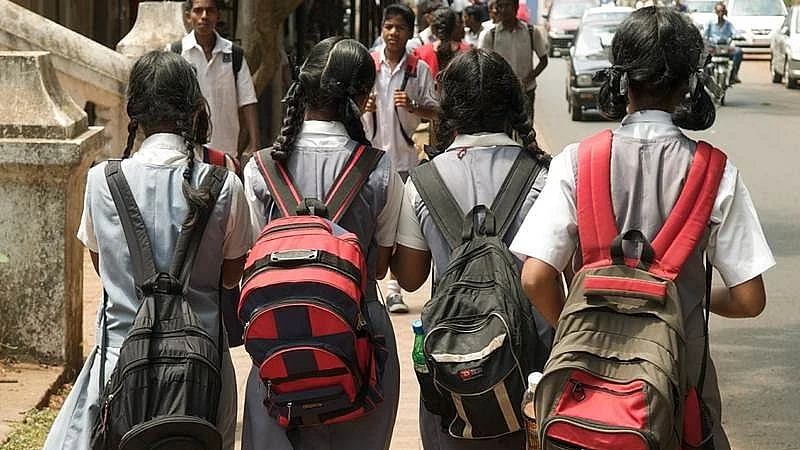
"India hosts the world's largest undergraduate medical education network, with 780 medical colleges and an annual intake of around 118 148 medical students. This expansion is a purposeful national strategy aimed at strengthening the health workforce, improving access, and extending the reach of quality health care. It is within this broader context of service and social justice that Indian medical education should be understood," mentioned the report.
"In 2023, the NMC received 10-year recognition from the World Federation for Medical Education, affirming India's regulatory standards and enabling graduates to access postgraduate opportunities worldwide. These developments underscore a system reorienting towards excellence, not stagnation." It said Speaking with ANI, Dr Abhijat Sheth, Chairperson of the NMC, appreciated Krishna Mohan Surapaneni's measured response to the article, emphasising the need for balanced global scientific discourse.
"We appreciate Dr Krishna Mohan Surapaneni for a befitting reply to the article earlier published in The Lancet ." "Such contributions help ensure that the global scientific discourse remains balanced and that the perspectives of diverse healthcare systems and researchers are represented with clarity and respect. Your acknowledgement reflects the shared commitment of the community toward maintaining integrity in public health communication," he said.
"The National Medical Commission affirms that it is actively addressing concerns raised and is implementing firm, evidence-based regulatory steps to reinforce transparency and accountability. The Commission remains dedicated to fostering a fair, ethical, and trustworthy medical ecosystem for the nation," he added.
"The World Report deserves attention, but not absolutism. This moment should not be used to erode trust, but instead, should be used to strengthen it. To those within and outside the country watching this journey unfold, the message should be clear: the foundation is intact, the direction is forward, and the commitment to quality remains unwavering," the report mentioned further.
Notably, NMC has introduced uniform inspections, digital platforms, and public disclosure of compliance to ensure oversight and maintain quality standards.
Despite challenges, the foundation of Indian medical education is intact, and the commitment to quality remains unwavering.
(Except for the headline, this article has not been edited by FPJ's editorial team and is auto-generated from an agency feed.)


